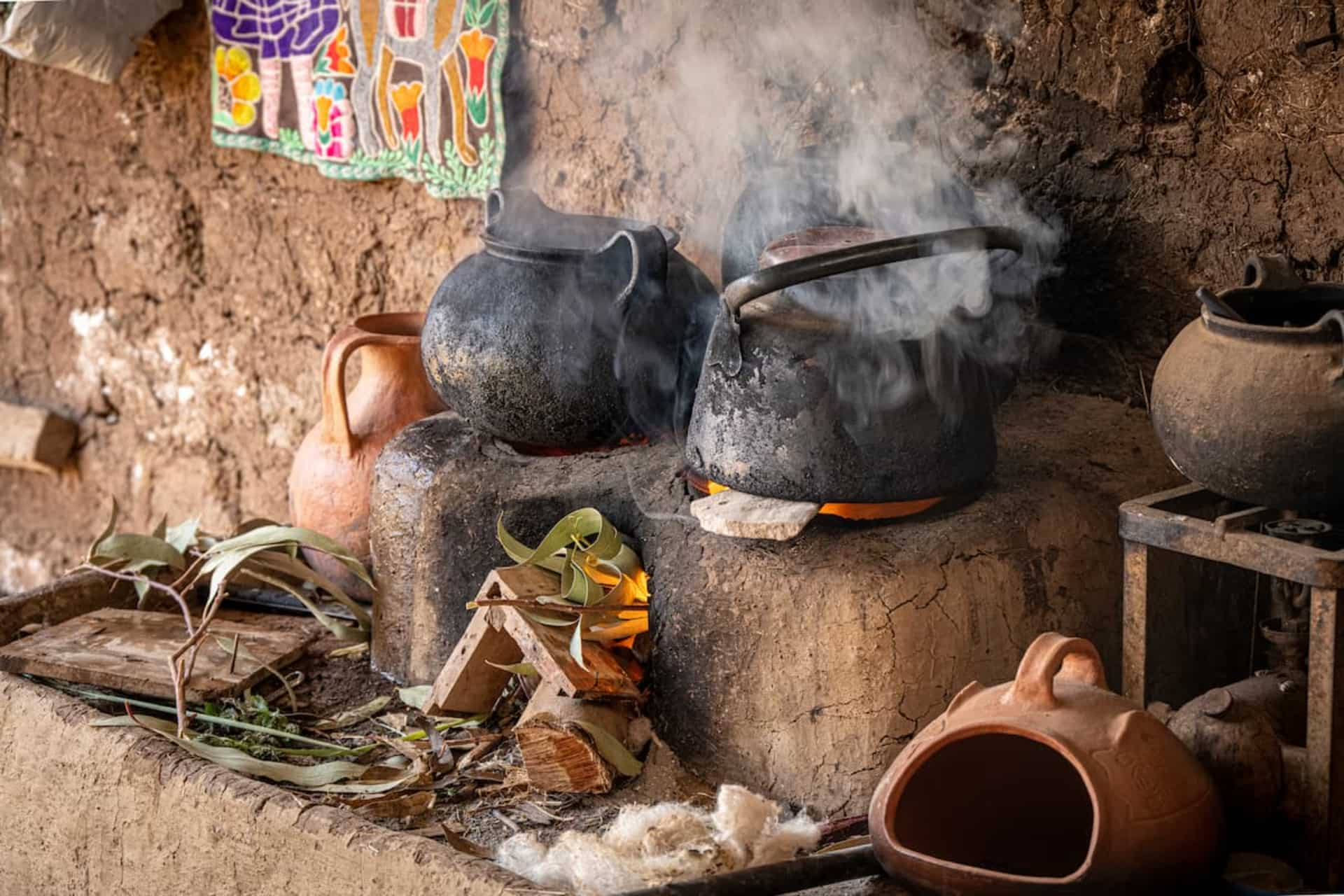
From Ancient Hearths to Modern Kitchens: A Culinary Journey Through Time
The history of cooking is a captivating narrative of human ingenuity, cultural evolution, and the relentless pursuit of flavor. From the discovery of fire to the rise of Michelin-starred restaurants, culinary practices have undergone remarkable transformations. This article explores the fascinating journey of cooking through the ages, highlighting key milestones and innovations that have shaped the culinary landscape we know today. At École Ducasse in France, this rich history comes alive, providing aspiring chefs with a foundation steeped in tradition and poised for the future.
The Dawn of Culinary Arts: Harnessing Fire and Transforming Food
Imagine early humans huddled around a crackling fire, savoring the aroma of roasting meat—a revolutionary moment in human history. The control of fire, estimated to have begun around 170,000 years ago, marked a pivotal shift in human evolution and the genesis of cooking. This transformative discovery not only made food safer and easier to digest but also unlocked a world of flavors and possibilities. Roasting over open flames, burying food in hot ashes, and using heated stones were among the earliest cooking techniques, laying the foundation for more complex culinary practices.
The Agricultural Revolution and the Rise of Settled Societies
Around 10,000 years ago, the advent of agriculture brought about another profound change in culinary history. As humans transitioned from nomadic hunter-gatherers to settled agriculturalists, the cultivation of staple crops like wheat, rice, and maize necessitated new cooking methods and tools. Pots and pans emerged, enabling boiling and stewing, which transformed tough grains and legumes into nourishing meals. This era saw the development of regional cuisines, influenced by the unique ingredients and agricultural practices of different communities.
Medieval Culinary Practices: A Fusion of Flavors and Traditions
The Middle Ages (5th to 15th centuries) witnessed a blending of culinary traditions across Europe and beyond. Medieval cuisine was largely dictated by the availability of local produce and seasonal variations. Grains, vegetables, and fish formed the foundation of the diet, while spices, imported through burgeoning trade routes, added exotic flavors and played a crucial role in food preservation. Lavish feasts and banquets hosted by nobility showcased the culinary skills of the time and contributed to the development of elaborate dining customs.
The Birth of Gourmet Cuisine: Elevating Culinary Arts to New Heights
The 18th and 19th centuries marked a turning point in the history of cooking with the rise of gourmet cuisine. This period saw the professionalization of chefs, the establishment of culinary schools like École Ducasse, and the codification of classic French techniques. Culinary luminaries such as Marie-Antoine Carême and Auguste Escoffier revolutionized the culinary world, introducing intricate pastry work, refined sauces, and elegant presentations that continue to define fine dining.
The Modern Kitchen: A Hub of Innovation and Efficiency
The late 19th and early 20th centuries ushered in the modern kitchen, equipped with gas and electric stoves, refrigerators, and standardized layouts. These technological advancements transformed food preparation and storage, making cooking more efficient and accessible. The modern kitchen became a space for experimentation and creativity, fostering the development of new culinary trends and traditions.
École Ducasse: Where Culinary History Meets Modern Innovation
At École Ducasse, students immerse themselves in the rich history of cooking while mastering cutting-edge techniques. This prestigious culinary institution provides a comprehensive education that blends tradition and innovation, preparing aspiring chefs for successful careers in the ever-evolving culinary world. From classic French techniques to contemporary culinary trends, École Ducasse offers a diverse range of programs designed to cultivate culinary excellence.
Chart Your Culinary Journey at École Ducasse
Are you passionate about food and ready to start your culinary journey? École Ducasse offers a variety of programs designed to turn your passion into a profession. Let Studygram guide you every step of the way. Fill out the form today and take the first step toward your culinary future.
Culinary Trends Shaping the Future: A Glimpse into Tomorrow’s Kitchen
The culinary landscape is constantly evolving, driven by new technologies, changing consumer preferences, and a growing awareness of sustainability. Plant-based cuisine, zero-waste cooking, fermentation, and the integration of technology are just some of the trends shaping the future of food. At École Ducasse, students are at the forefront of these innovations, learning to adapt and excel in a dynamic culinary world.


